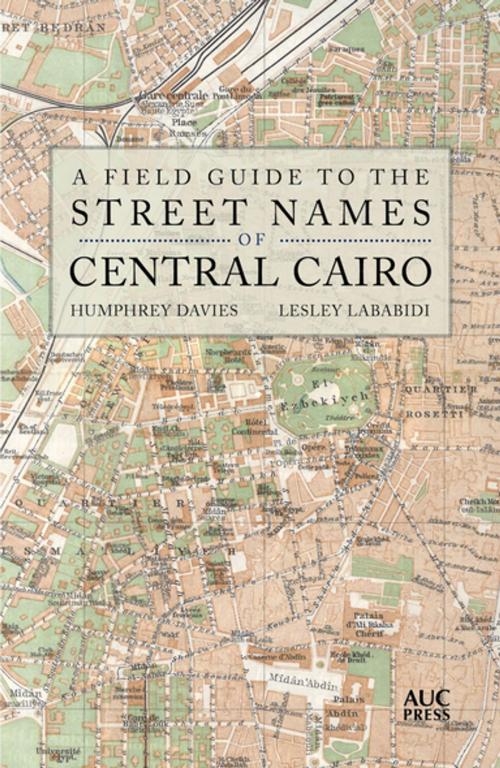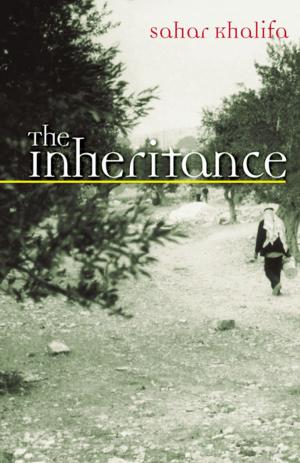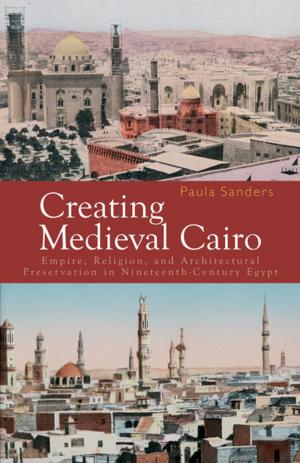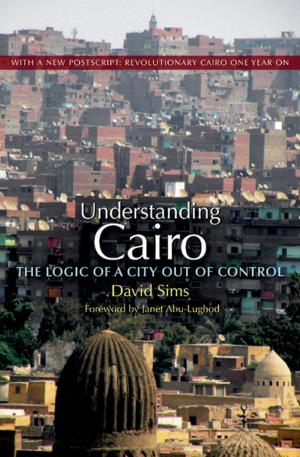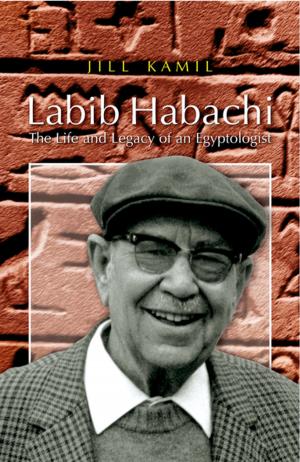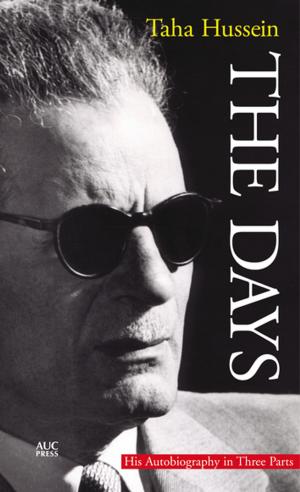A Field Guide to the Street Names of Central Cairo
Nonfiction, Travel, Middle East, Egypt, History, Africa| Author: | Humphrey Davies | ISBN: | 9781617979156 |
| Publisher: | The American University in Cairo Press | Publication: | July 14, 2018 |
| Imprint: | The American University in Cairo Press | Language: | English |
| Author: | Humphrey Davies |
| ISBN: | 9781617979156 |
| Publisher: | The American University in Cairo Press |
| Publication: | July 14, 2018 |
| Imprint: | The American University in Cairo Press |
| Language: | English |
The map of a city is a palimpsest of its history. In Cairo, people, places, events, and even dates have lent their names to streets, squares, and bridges, only for those names often to be replaced, and then replaced again, and even again, as the city and the country imagine and reimagine their past. The resident, wandering boulevards and cul-de-sacs, finds signs; the reader, perusing novels and histories, finds references. Who were ʿAbd el-Khaleq Sarwat Basha or Yusef el-Gindi that they should have streets named after them? Who was Nubar Basha and why did his street move from the north of the city to its center in 1933? Why do older maps show two squares called Bab el-Luq, while modern maps show none? Focusing on the part of the city created in the wake of Khedive Ismail’s command, given in 1867, to create a “Paris on the Nile” on the muddy lands between medieval Cairo and the river, A Field Guide to the Street Names of Cairo lists more than five hundred current and three hundred former appellations. Current street names are listed in alphabetical order, with an explanation of what each commemorates and when it was first recorded, followed by the same for its predecessors. An index allows the reader to trace streets whose names have disappeared or that have never achieved more than popular status. This is a book that will satisfy the curiosity of all, be they citizens, long-term residents, or visitors, who are fascinated by this most multi-layered of cities and wish to understand it better.
The map of a city is a palimpsest of its history. In Cairo, people, places, events, and even dates have lent their names to streets, squares, and bridges, only for those names often to be replaced, and then replaced again, and even again, as the city and the country imagine and reimagine their past. The resident, wandering boulevards and cul-de-sacs, finds signs; the reader, perusing novels and histories, finds references. Who were ʿAbd el-Khaleq Sarwat Basha or Yusef el-Gindi that they should have streets named after them? Who was Nubar Basha and why did his street move from the north of the city to its center in 1933? Why do older maps show two squares called Bab el-Luq, while modern maps show none? Focusing on the part of the city created in the wake of Khedive Ismail’s command, given in 1867, to create a “Paris on the Nile” on the muddy lands between medieval Cairo and the river, A Field Guide to the Street Names of Cairo lists more than five hundred current and three hundred former appellations. Current street names are listed in alphabetical order, with an explanation of what each commemorates and when it was first recorded, followed by the same for its predecessors. An index allows the reader to trace streets whose names have disappeared or that have never achieved more than popular status. This is a book that will satisfy the curiosity of all, be they citizens, long-term residents, or visitors, who are fascinated by this most multi-layered of cities and wish to understand it better.
